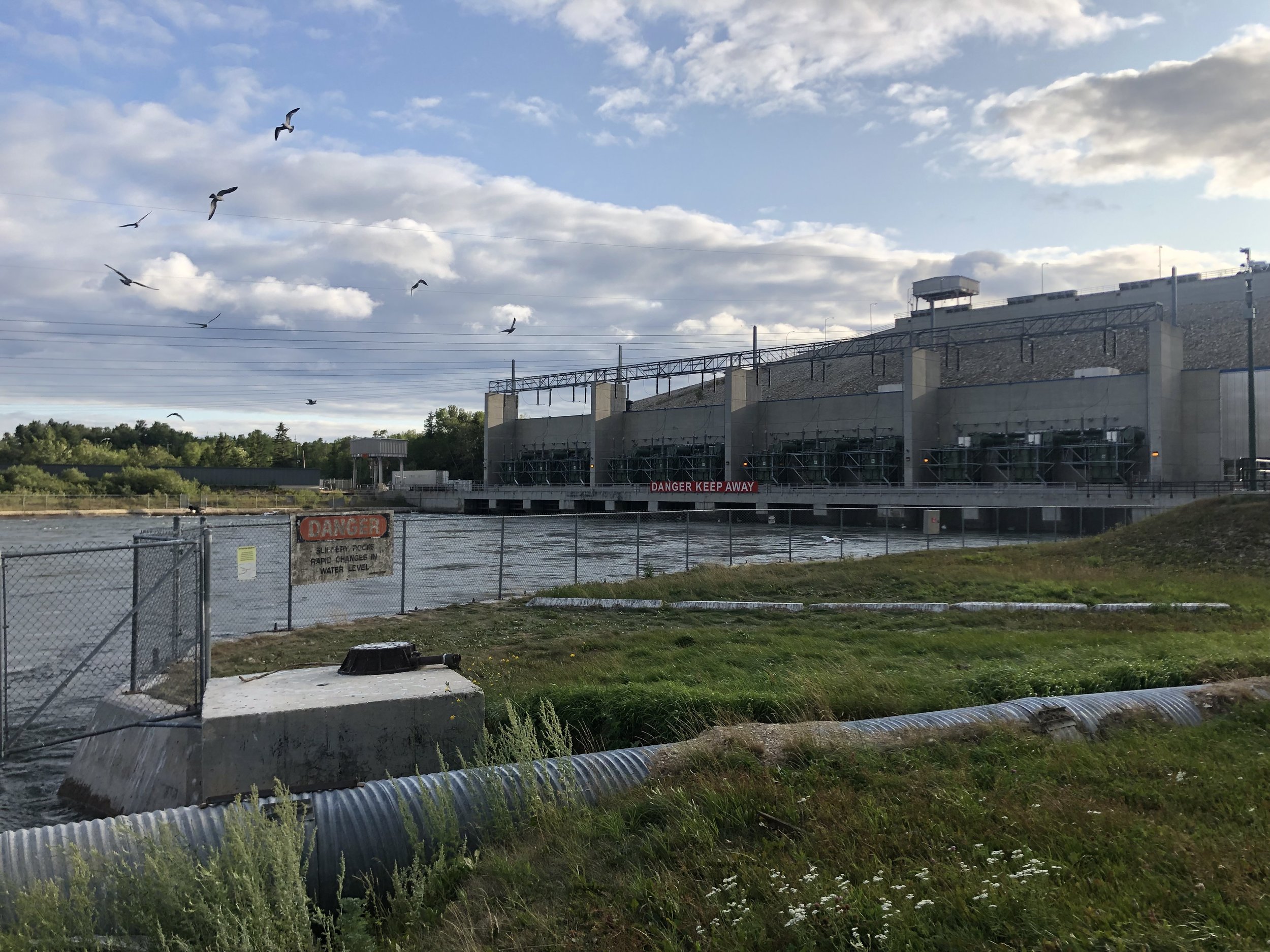Environmental Racism, Bill C-226, and what this means for the Future of Environmental Justice across Turtle Island
Racism has been a part of Canada’s history since the earliest interactions between Europeans and Indigenous peoples. The crown asserted unfounded claims to lands and set about severing Indigenous communities from their traditional territory and cultural ties to the land.
Environmental racism gives us a name for the processes that disproportionally imposes harmful environmental decisions on Indigenous and racialized communities. These are called “sacrifice zones” which are spaces of land deemed locally unwanted and appropriate for the offloading of environmental hazards and degradation.
We can no longer allow those in power to turn a blind eye to the historical and ongoing harms we have faced at the hands of environmental racism. Our communities are not sacrifice zones. We must take action.
We have developed an Environmental Racism Toolkit intended to act as a guide to better understand environmental racism, how it plays out across Turtle Island, and ways that we can unite to take action.
Grand Rapids Generating Station, Misipawistik Cree Nation
Environmental racism has always been present in Canada, there has not been a single piece of legislation to address this systemic issue and keep governments and industry accountable to their harms. Since 2015 there have been three private member’s bills introduced all with the intent to address environmental racism. While the first two expired due to slow progress in the House of Commons, the third bill is now in process.
Along with partners in the Canadian Coalition for Environmental and Climate Justice, we are urging the federal government to expedite the passage of Bill C-226, An Act respecting the development of a national strategy to assess, prevent and address environmental racism, and to advance environmental justice.
The strategy must include measures to:
Examine the link between race, socio-economic status, and environmental risk.
Collect information and statistics relating to the location of environmental hazards.
Collect information and statistics relating to negative health outcomes in communities that have been affected by environmental racism.
Assess the administration and enforcement of environmental laws in each province and
Address environmental racism including in relation to:
Possible amendments to federal laws, policies, and programs.
The involvement of community groups in environmental policymaking.
Compensation for individuals or communities.
Ongoing funding for affected communities, and
access of affected communities to clean air and water.
To support this campaign, it is encouraged to share the toolkit widely, spread the word on Bill C-226, make your voices heard by sending an email or letter (template below) to your local MP’s, and let this not be another expired bill to collect dust on the mounting pile of failed attempts for environmental justice.

